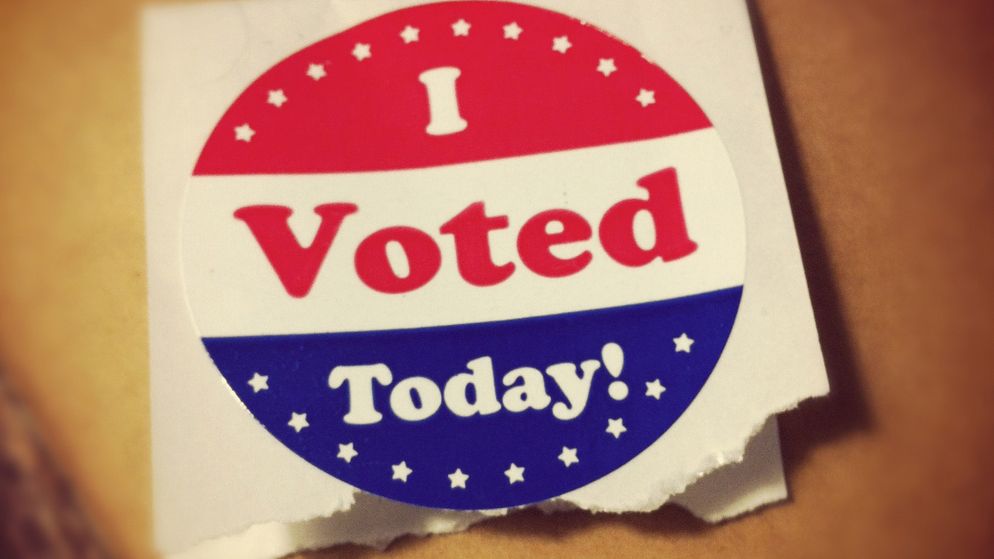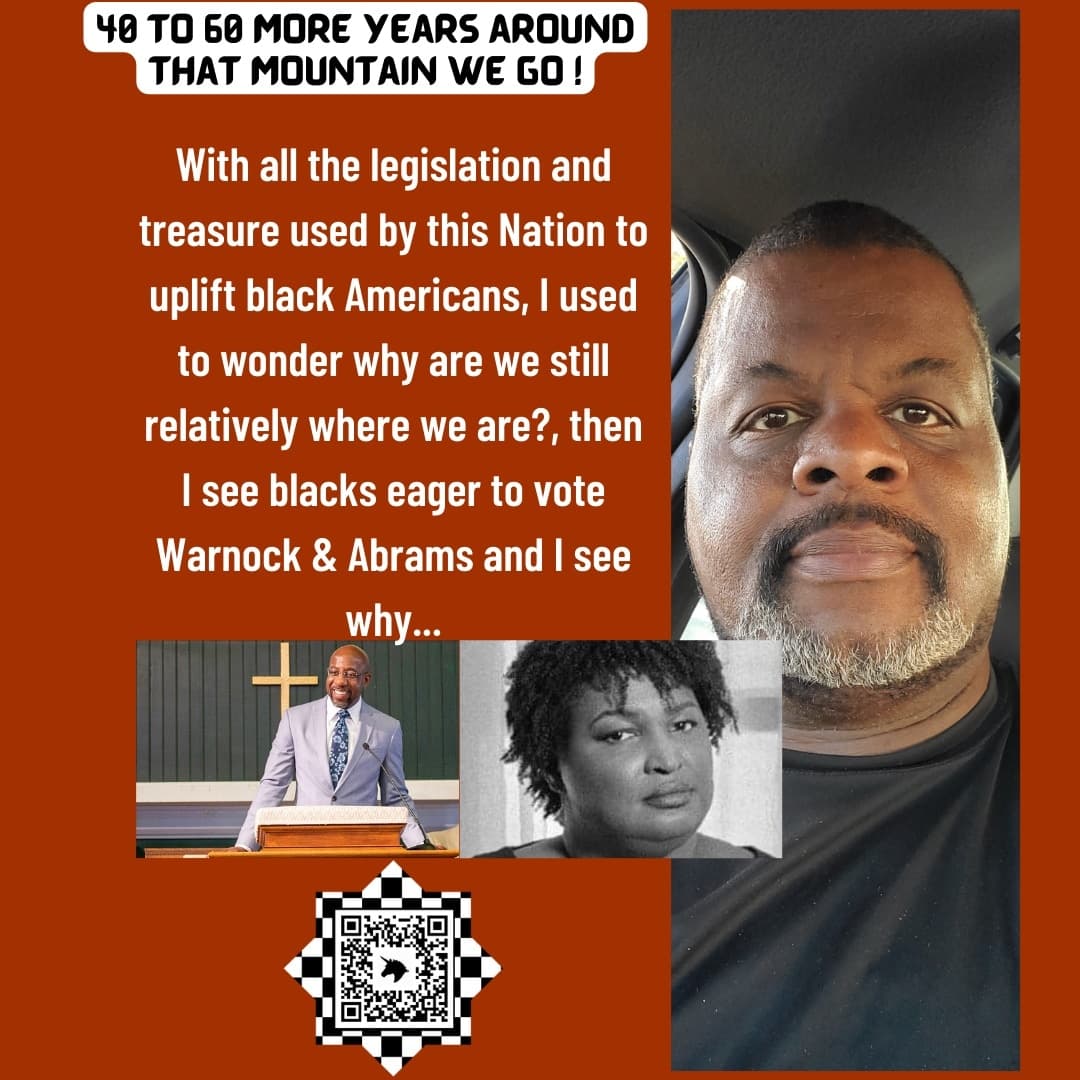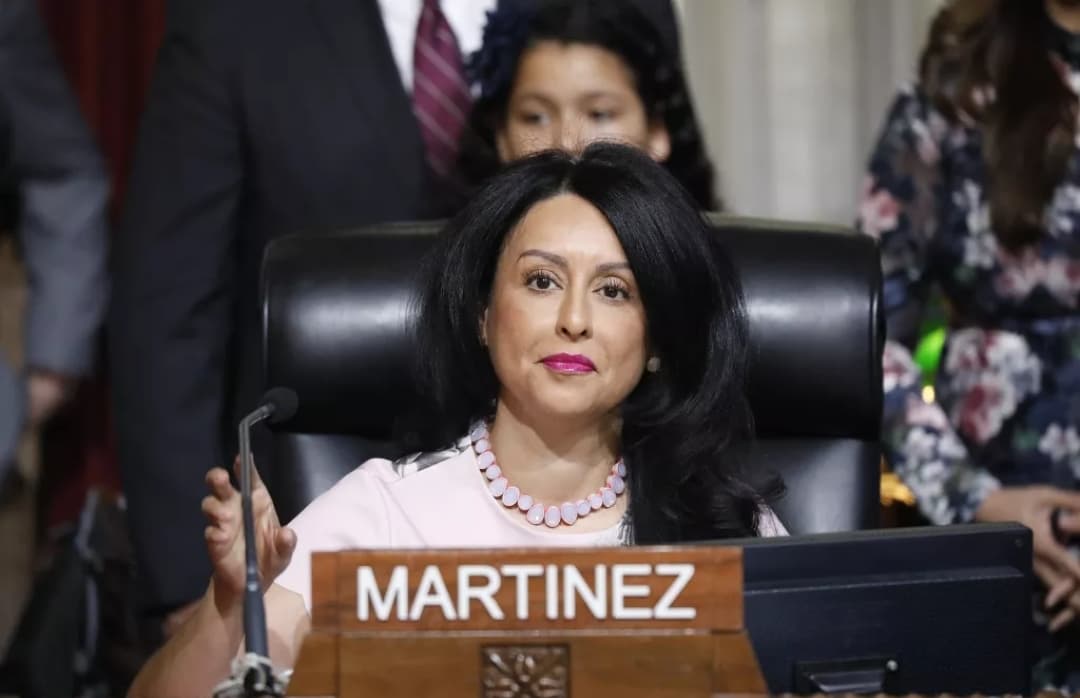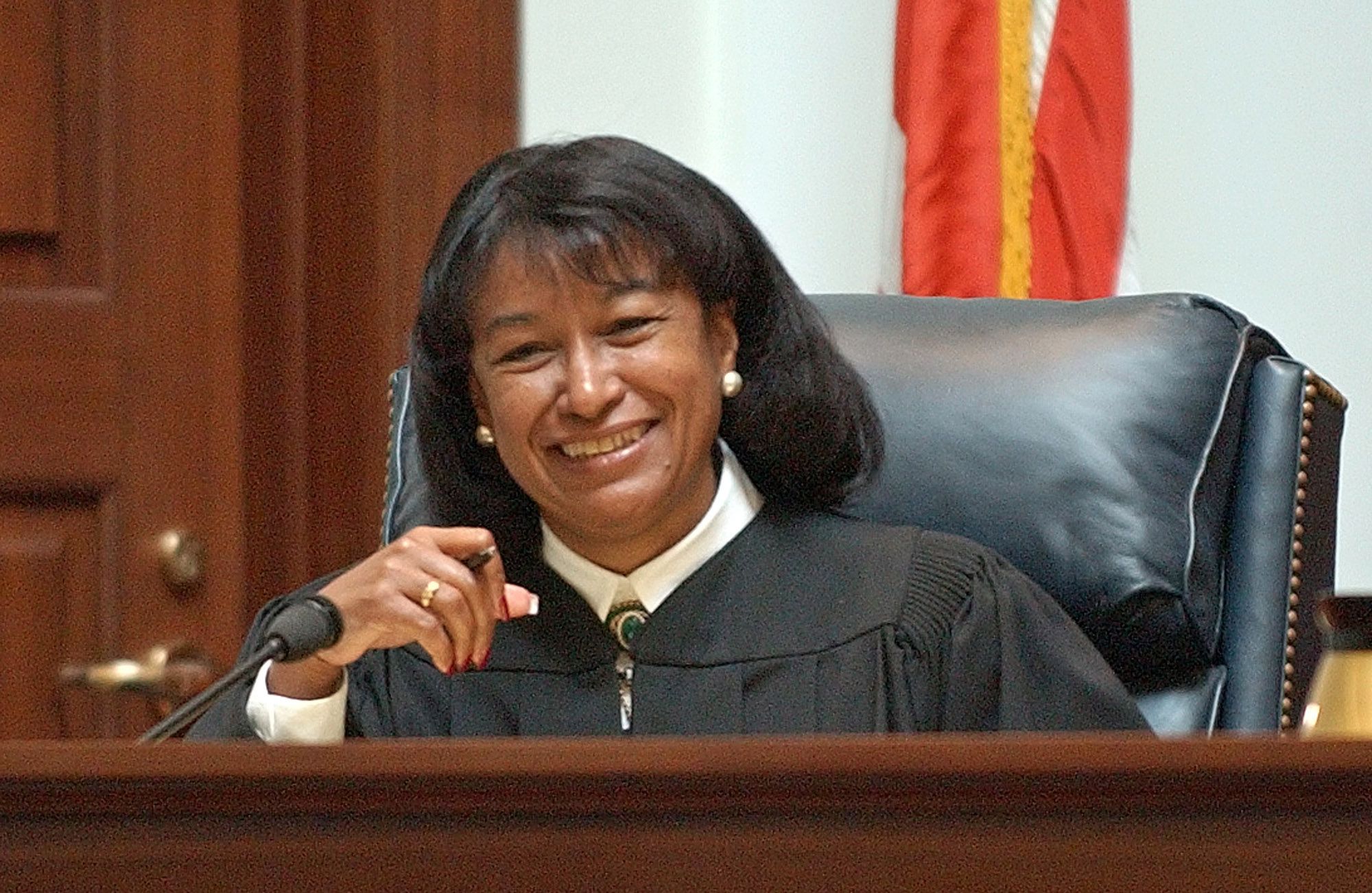California Nov. 2018 Ballot Initiatives Guide
Here is a quick synopsis of the November 2018 California Ballot Initiatives. Ballotpedia has much more detailed information at the links for each initiative.

Proposition 1 and Prop. 2 are masquerading as initiatives helping the homeless. Buyer Beware!
Proposition 1: NO
Opposition nails it: The Press-Enterprise: “If California’s leaders are serious about making California a more affordable place to live, they should concentrate their efforts on curtailing onerous regulations and restrictive land-use policies and making it easier for homebuilders to build. And if they insist on subsidizing housing, they should do so directly, rather than wasting taxpayer money on interest payments. Vote No on Prop. 1.”[21]
Proposition 2: NO
If passed, the National Alliance on Mental Illness (NAMI) Contra Costa strongly feels the No Place Like Home Program will cause more homelessness by forcing more mentally ill people into severe symptoms that could increase the numbers living on the streets. NAMI says money currently dedicated to severely mentally ill will be redirected to homelessness.
And, Prop. 2 is extremely expensive: up to $5.6 Billion ($140 million x 40, for 40- year bonds) to raise $2 billion for housing projects.
Proposition 3: NO
“With millions of dollars of unspent water bond money from 2006 and 2014 water bonds, why is there yet another a water bond on today’s June Primary ballot, and another on the November ballot?” I wrote in June 2018.
The Mercury News explains opposition: “Proposition 3 is a classic “pay-to-play” initiative that California voters should soundly defeat on Nov. 6. The $8.9 billion water bond package points to some serious water issues that demand the Legislature’s attention. But loading up an initiative with giveaways to special interests and local public agencies is no way for the state to conduct its business. Voters should reject this end run around the legislative process.”[17]
Proposition 4: NO
The 2018 ballot initiative is the third bond measure related to children’s hospitals in California. California Children’s Hospital Association developed all three of the ballot initiatives.
Argument against: Proposition 4 is the third bond measure sponsored by the California Children’s Hospital Association, which represents the eight private hospitals that will receive 72 percent of the money. If the association could have persuaded the Legislature to put this measure on the ballot, it would undoubtedly have done so. Lobbying is less expensive than mounting an initiative campaign.”
The state’s legislative analyst estimated that interest on the bond would be $1.4 billion over 35 years, bringing the total cost of the bond to $2.9 billion.
Proposition 5: YES
Prop. 5, the Property Tax Transfer Initiative, is on the ballot in California as a combined initiated constitutional amendment and state statute on November 6, 2018.
The Howard Jarvis Taxpayers Association urges a YES vote on Prop. 5:
Prop. 5 “would allow homeowners age 55 and older to sell their current homes, purchase a replacement property anywhere in the state and transfer the property tax assessment from the home they sold to the home they bought. This measure would remove restrictions in existing law that limit these transfers by putting conditions on the price and location of the replacement property. It would also allow older homeowners to transfer their base-year property tax assessment more than once.
We support this measure, which helps homeowners who want to downsize or move, but who stay put because of the high property taxes on a replacement property. Proposition 5 will likely result in more homes coming on the market, which will help new homebuyers by increasing the supply of available housing.”
And, the California Teachers Association opposes, which means this is a YES vote.
Proposition 6: YES
Ignore the ballot title and summary. This is the GAS TAX REPEAL of the 2017 tax increase on gasoline, diesel fuel and vehicle registrations. It also amends the state constitution to require voter approval of all future increases in fuel and vehicle taxes or fees.
The backlog of delayed road and bridge repairs, estimated by state officials to be $150 billion, is evidence that state lawmakers have not made road safety a priority,” HJTA wrote. “Instead of funding transportation infrastructure and maintenance, the politicians have diverted the revenue from transportation taxes to fund other priorities, or pet projects.”
“SB 1 raised taxes without reforming the well-documented waste and inefficiency at Caltrans. Taxpayers in California pay the highest taxes in the nation and suffer with roads in the worst condition. Taking more money from the wallets of California families to fund more of the same is not the answer. What’s needed is a new funding plan that spends all transportation-related tax and fee revenue on transportation.”
Proposition 7: NO
The Permanent Daylight Saving Time Measure would allow the California State Legislature to establish permanent, year-round daylight saving time (DST) by a two-thirds vote if the federal Uniform Time Act is changed to allow for permanent DST. This is a ballot initiative in search of a problem.
We have Daylight Saving Time in the summer so it is light after we get home from work. And we switch to Standard Time in the winter so it’s light in the morning.
Proposition 8: NO!
“Authorizes State Regulation of Kidney Dialysis Clinics.” The State and SEIU are attempting to take over kidney dialysis clinics, which already function very well, for severely ill kidney patients.
The American Nurses Association\California, California Medical Association, American College of Emergency Physicians, California Chapter and patient advocates all OPPOSE Prop. 8 because it jeopardizes access to care for 66,000 patients in California who need frequent dialysis treatments to stay alive.
“Patients on dialysis have kidney failure and are very sick. They require dialysis three days a week, four hours at a time to do the job of their kidneys to remove toxins from the body. These patients cannot survive without regular treatments. Prop. 8 dangerously reduces access to care and places vulnerable patients at serious risk.”—Phillip Bautista, BSN, RN, PHN, President, American Nurses Association\California
PROP. 8 WILL FORCE COMMUNITY DIALYSIS CLINICS TO CUT SERVICES AND CLOSE
Donations in Support of Prop, 8:
| SEIU-United Healthcare Workers West | $17,387,341.00 | $71,171.24 | $17,458,512.24 |
| California State Council of Service Employees Issues Committee | $1,000,000.00 | $0.00 | $1,000,000.00 |
| International Brotherhood of Electrical Workers Local Union No. 617 | $2,500.00 | $0.00 | $2,500.00 |
| California Democratic Party | $0.00 | $483.81 | $483.81 |
The Los Angeles Times: “But even if the revenue cap doesn’t drive clinics out of business, it would give them a perverse incentive to deliver care less efficiently — to raise patient-related spending in order to raise the revenue cap. And despite what supporters claim, there’s no guarantee that forcing clinics to spend more would do anything to make care better or more available.
Proposition 10: NO
Allows state government to regulate rent, and would actually create an even worse housing shortage in California.
“Proposition 10 would repeal the 1995 Costa-Hawkins Rental Housing Act, a state law that protected property owners from new rent-control ordinances, moderated radical rent control and secured new construction in cities throughout California. If Costa-Hawkins is repealed, cities would be able to pass any type of rent-control law, including rent control on single-family homes, garage apartments, duplexes and small apartment buildings,” HJTA said. “For example, Proposition 10 would allow new rent-control bureaucracies to require every property owner to register and pay an annual fee so the city can track how many housing units exist and whether they are rented or owner-occupied.”
“Proposition 10 would discourage investment in rental housing, leading to less new construction and more tightening of an already squeezed housing market in California. Faced with the threat that rent control could be enacted at any time, some owners of existing apartment buildings might choose to evict the tenants and sell the property rather than stay in a business with rising costs and uncertain revenue.”
PROP. 10: BAD FOR RENTERS
“Tens of thousands of renters, INCLUDING SENIORS AND OTHERS ON FIXED INCOMES, could be forced out of their apartments and communities under Prop. 10, which allows wealthy corporate landlords to turn apartments into condos and short-term vacation rentals. It will increase the cost of renting and make it even harder to find affordable housing.”—Alice Huffman, President, California State Conference NAACP
Proposition 11: YES
Proposition 11 would allow ambulance providers to require workers to remain on-call (reachable by a portable communications device) during meal and rest breaks. They still get the break, but because they are emergency medical technicians, they still need to react to a call.
A 2016 California Supreme Court ruling would stop the longstanding practice of responding to calls, even while on break, and require EMTs and paramedics to shut off radios, and be completely unreachable while on break. This means if the closest ambulance to your emergency is on break when you call for help, 911 dispatchers would have NO WAY to reach the ambulance crew because all communications devices would be turned OFF. Prop. 11 ensures your 911 emergency care is not delayed.
The California Supreme Court ruling was ridiculous, requiring all breaks to be totally “off-duty.” There are many jobs, employers and industries which could not even operate if they were required to shut down large equipment, or ignore sick patients because it is “break time.” The only reason this ended up on the ballot is because the Legislature has not done its job. Prop. 11 is a YES.
Proposition 12: NO
The Farm Animal Confinement Initiative, attempting to ban the sale of meat and eggs from calves raised for veal, breeding pigs, and egg-laying hens confined in areas below aspecific number of square feet. Beginning in 2021, producers would be required to confine egg-laying hens in cage-free housing systems based on the United Egg Producers’ 2017 cage-free guidelines.
What you need to know: The Humane Society is the primary backer of this unnecessary initiative.
The Association of California Egg Farmers issued the following statement: “With this new initiative now calling for full compliance by the end of 2021, HSUS is reneging on the original agreement and this expedited timeline may result in supply disruptions, price spikes and a shortage of eggs for sale.”
The Humane Farming Association: “The Humane Society of the United States is once again deceiving voters, flip-flopping on the issue of cages, and perpetuating the suffering of millions of egg-laying hens throughout California. The inescapable reality is that, had Prop 2 actually accomplished what HSUS promised, California would be cage free at this very moment. Rather than correcting its historic failure, HSUS is now misusing our state’s ballot measure process with a whole new set of false promises. This betrayal of voters and farm animals must be soundly defeated.”
Be sure to vote on November 6, 2018
For more recommendations, visit the Howard Jarvis Taxpayers Association.
Katy Grimes is President of the Sacramento Taxpayers Association and a credentialed investigative journalist.







